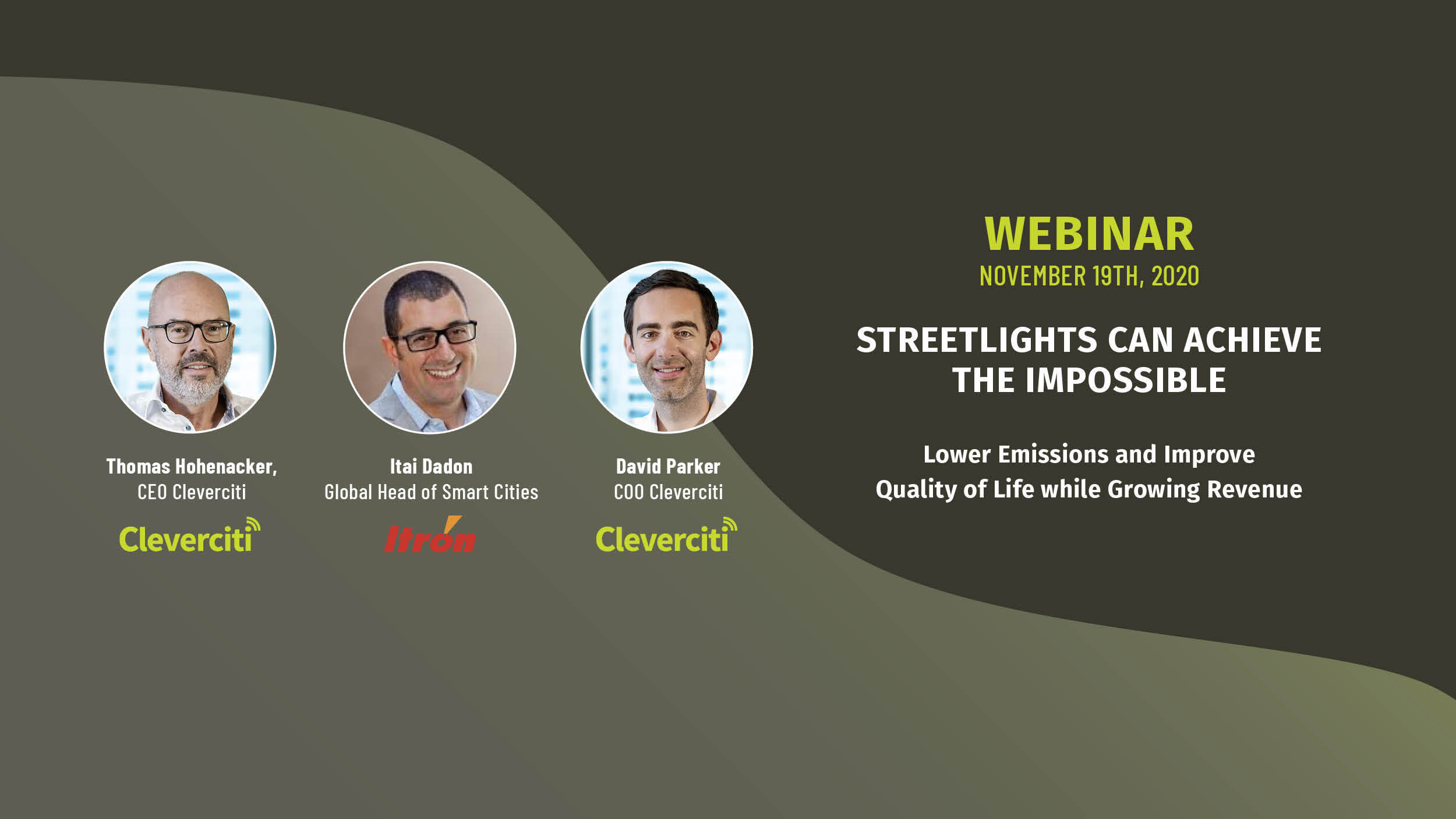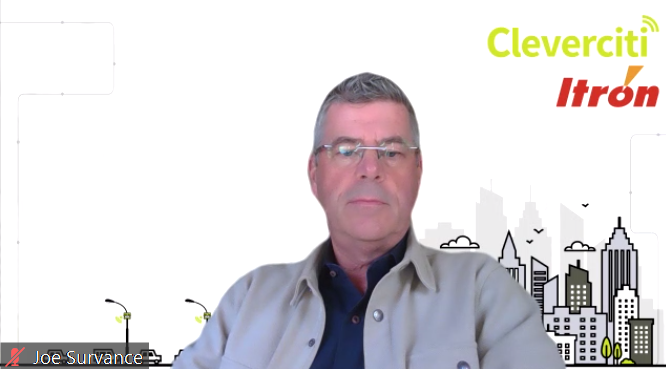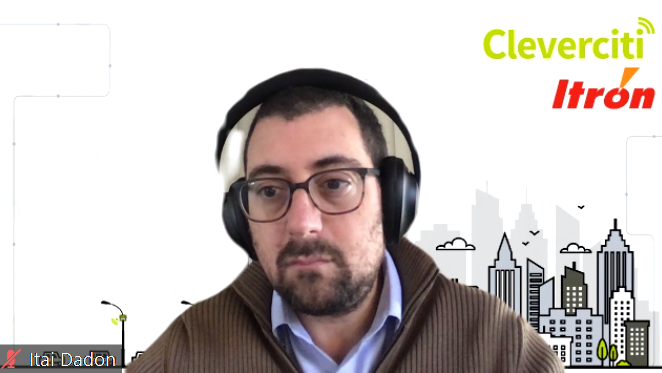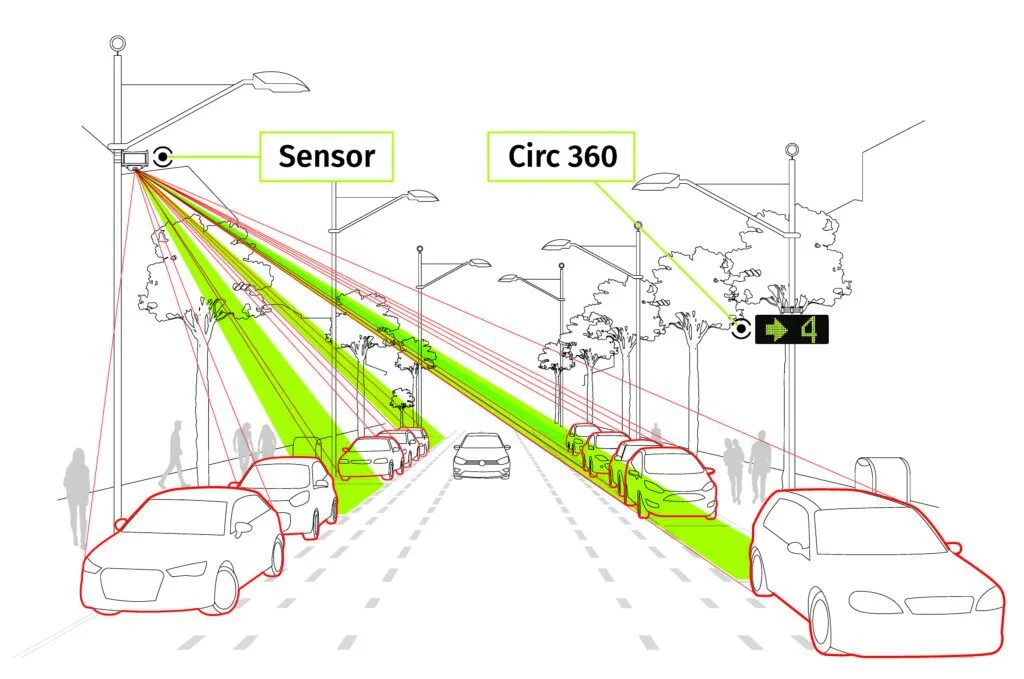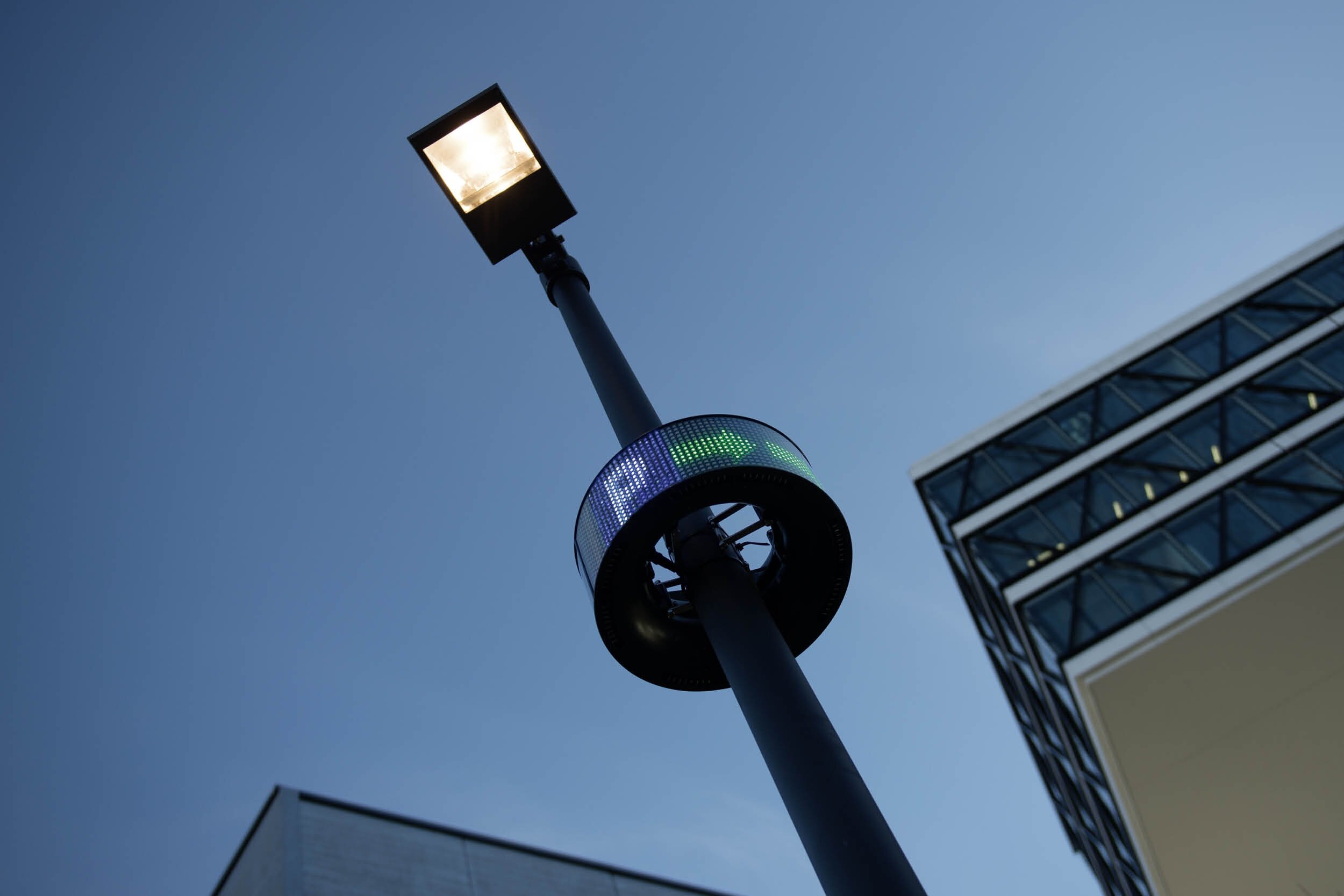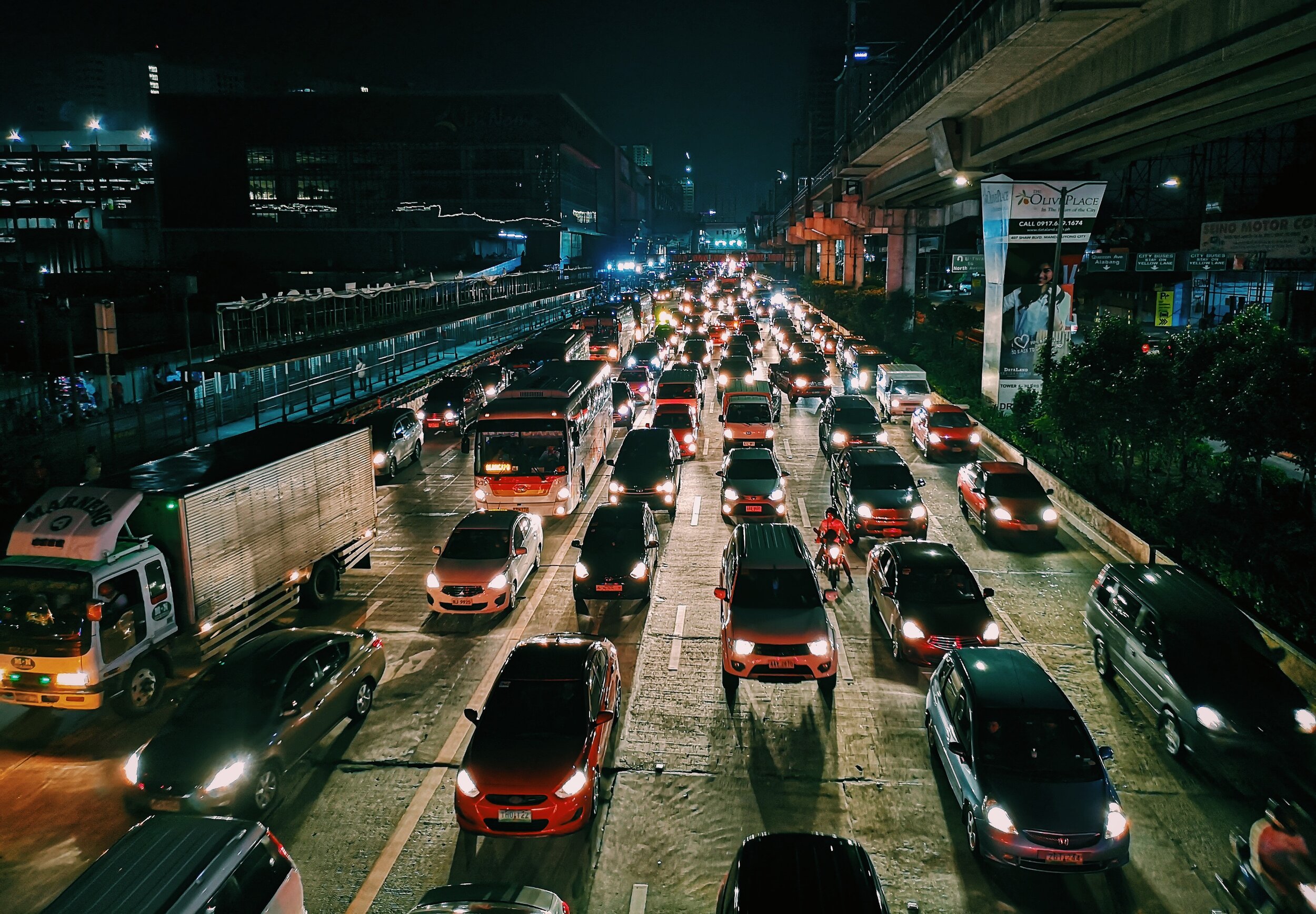Málaga has been awarded by the European Capital of Smart Tourism Initiative, because - in their own words - “Málaga has been incorporating the concepts of sustainability, innovation, and culture into their strategic plans for many years. There is a constant exchange between visitors and the government’s tourism services so that Málaga can do more to meet the needs of visitors. In terms of sustainability, Málaga works in all spheres – it has installed public LED lighting, offers over 20 bike hire stations, and created bike lanes that now add up to over 40km. The city has installed smart watering systems for parks and gardens in order to save water and has introduced an Air Quality Sectoral Plan to reduce air pollution, monitor pollen levels, and improve noise quality. Málaga has also upgraded street cleaning equipment and has worked on better waste separation in the city center.” The city has a fully-adapted bus network, vast pedestrian spaces including the refurbished Alameda Principal, plus 50% of Málaga taxis have been upgraded. Digitalization forms an essential part of the tourism experience in Málaga too and the city has a high-profile digital sector. This includes the Polo Digital at the Tabacalera and the Andalusian Technological Park (PTA). Over the last 15 years, the city has transformed into the “City of Museums” with well over 30 museums to visit.
For more details, visit: www.malagaturismo.com/es/site/smarttourism
3. Breda, winner of the European Capital of Smart Tourism Award 2020 in the category of Accessibility.
Examples of initiatives from Breda include the use of technology and ICT to improve the visiting experience in Breda and to measure those results. For example, animations are used to illuminate iconic buildings in the city, such as the Spanjaardsgat and the castle of Breda. In addition, sustainable LED lighting puts locations such as the Onze-Lieve-Vrouwekerk and Willemstraat, the smartest street in Breda, in the spotlight. Various further developments are also planned for 2020. For example, Breda will focus on smart experience, maximum accessibility, and hospitality during the Vuelta a Holanda. There will be a special stand for people with a disability and route maps in Braille for the blind. The Vuelta will be the living lab for testing new digital technologies of flow, crowd management, and digital experiences.
4. Ljubljana, winner of the European Capital of Smart Tourism Award 2020 in the category of Digitalisation ánd winner of the European Capital of Smart Tourism Award 2019 in the category of Sustainability.
According to the European Capital of Smart Tourism Initiative, Ljubljana’s proactive approach to sustainability has meant it has been able to exceed its own tourism quota for the period of 2014 – 2020. Over 90% of local residents agree that developing tourism leads to development for the city. As one of Europe’s green capitals, 20% of the city consists of protected natural areas, and new initiatives are helping to turn degraded areas into even more public space. There has also been a push to get more local produce into hotels and restaurants, supporting the environment while promoting Slovenian food, wine, and beer. The jury was particularly impressed by Ljubljana's various smart solutions including the official tourism website with its rich content and a series of apps - especially the Tap water app for locating water fountains all around the city.
5. Karlsruhe, winner of the European Capital of Smart Tourism Award 2020 in the category of Cultural Heritage & Creativity.
Home to Germany’s oldest technical university and Europe’s largest IT cluster, Karlsruhe has long been a digital hub and innovation hotspot. Karlsruhe is working on the consolidation and digitalization of all offers in a unique “digital@KA” app to simplify visitors’ experiences with cultural programs, local transport, and citizen services. From the Karlsruhe NaturRADtour, which invites visitors to explore Germany’s most bicycle-friendly city, to the “Kombilösung” project to improve accessibility, the City of Karlsruhe has implemented several projects and innovative mobility technologies to cultivate an accessible and sustainably managed city for locals and travelers alike.
6. Helsinki, named European Capital of Smart Tourism in 2019.
The city’s smart public transport system enjoyed a rise in user satisfaction over the last two years and Helsinki isn’t standing still. An ‘Uber boat’ system is under consideration and driverless buses are being trialed on open streets. Helsinki ranked second at the Accessible City Awards in 2015. And, if you do need any extra help, multilingual ‘Helsinki Helpers’ are stationed at main attractions to offer assistance.
Visitors will see first-hand some of the 143 measures in place to help Helsinki become carbon neutral by 2035. The Helsinki Road Map prevents overcrowding and supports local business as it guides tourists around the city, while 75% of hotel rooms are certified environmentally friendly. Helsinki is also increasing the share of cycling, walking, and electric cars and trains.
Powered by its open approach to public data – available free for all since 2009 – Helsinki has become a hotbed of software innovation. One of the major successes is the MyHelsinki.fi website, an ad-free service platform featuring recommendations from the people who know the city best – the locals. Read more about it here: Helsinki’s Preliminary Programme of Activities as 2019 European Capital of Smart Tourism.
For more details, visit myhelsinki.fi.
7. Lyon, named European Capital of Smart Tourism in 2019.


